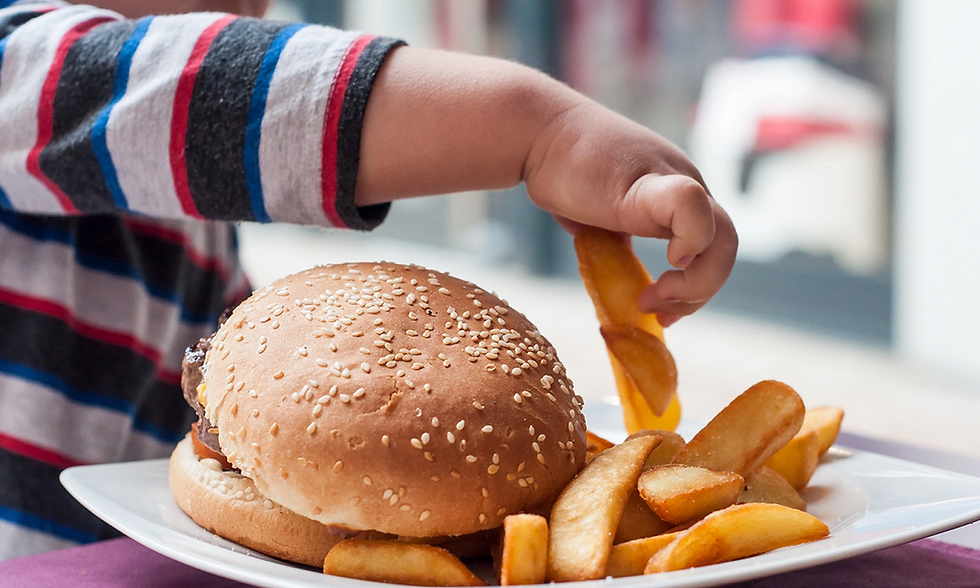Top 7 Healthy Tips To Help Your Child Weight Loss Safely
- fitmedicalweight2
- Nov 18, 2022
- 2 min read

1. Avoid diets and weight loss supplements.
Diets that work for you may not work for your child, and putting your child on a calorie-cutting diet could mean they’re losing out on important nutrients. So don’t put your child on some fad diet unless your pediatrician recommends it.
Also, if you're thinking of starting your kid on weight-loss supplements, make sure to only do so if their doctor has specified them. Many weight-loss supplements lack adequate research and may cause irreversible organ damage.
2. Cut back on processed and fast foods.
Reused and fast foods make kids lose interest in healthier foods. They’re high in sugar and swab and contain tonnes of calories without providing acceptable nutrition work for weight reduction.
Replace reusing foods with healthier alternatives (brown bread and fruit salads).
3. Stock your kitchen with nutritional foods.
Keep packaged and fast food away from your children. Make nutritional foods, such as vegetables, fruits, and low-fat dairy products (milk and yogurt), more accessible.
Make sure your child has 1 to 3 mugs of vegetables and 1 to 2 mugs of fruit each day. Start with small servings first and gradually increase the portions over time.
4. Use lower plates.
Don’t serve food on adult-sized plates for your child; rather, use small plates so that your child is getting smaller portions. Ask your child to finish everything on their plate. However, they will ask if they want more.
5. Limit TV and screen time.
Your child may develop a sedentary lifestyle by sitting for long periods watching TV, playing video games, and scrolling through their smartphone. Reserve only a small part of the day for screen time, and encourage them to play outside the rest of the time.
6. Encourage your child to be physically active.
Encourage your child to get moving. While they need at least an hour of physical activity a day, they don’t have to do it all at once.
Indeed, short bursts (100 to 15 minutes) of activities spread throughout the day may help. These can include skateboarding, cycling, walking to school, dancing, etc. Identify activities your child seems to be interested in and encourage them to spend further time doing them.
7. Ensure your child gets acceptable sleep.
Children need about 9 to 14 hours of sleep a day, although the duration varies by age. Toddlers need to sleep for 11–14 hours each day, while school-aged children need 9–12 hours a day.
Sleeping for less than the recommended hours for several days a week increases your child’s odds of developing obesity. Try strategies to get them to bed early every night. Keep blue-light-emitting devices (TV, laptop, smartphone) away from them while you prepare them for bedtime.







Comments